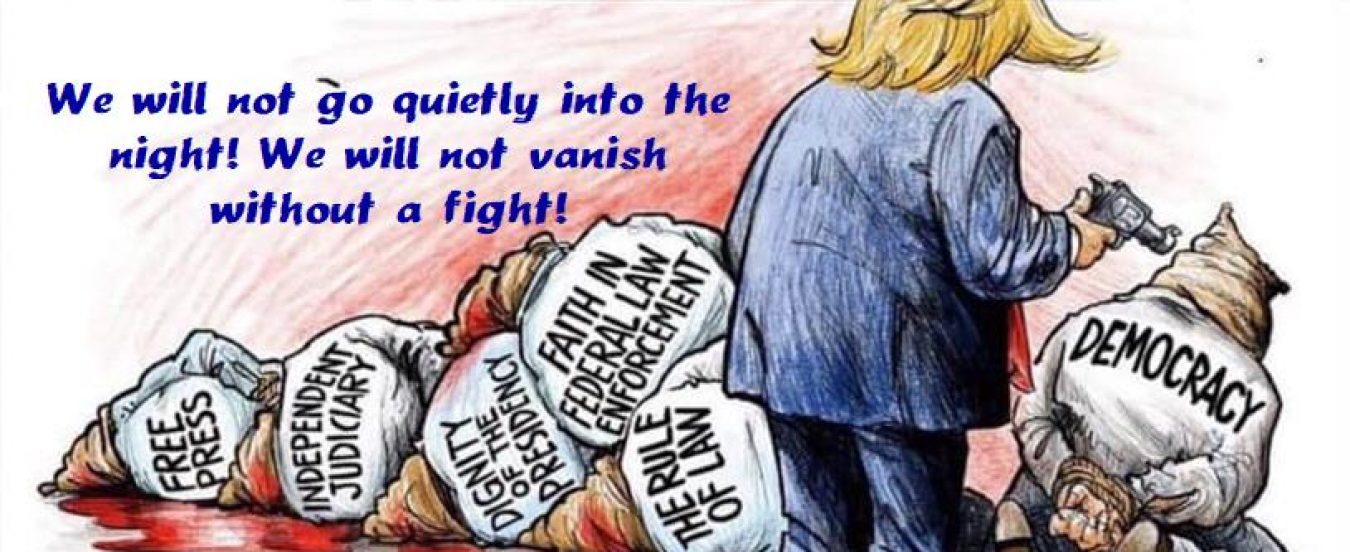Hold that thought until I get back to it.
In my 7th grade there was an teaching block called Civics (more pleasant to the ear than Political Science.)
In Civics we learned the words use to describe our government—mostly the federal government—and the responsibilities of each of the three branches of the Federal government described in the Constitution and the powers each of the branches have to execute their responsibilities.
The three branches of the Federal Government were initially described another powers are granted in the first three Articles in the Constitution. Article I, Congress. Article II , President. Article III, Courts. Subsequent Amendments have expanded on those Articles.
When we had learned enough about the three branches to talk about them, we learned how they interact as the wheels of government turn. For the most part this is about the “checks,” which in this context the ways that each of the branches may, it it wishes, block some actions of another. It is the checks that are the topic in this essay for there are two more checks than those commonly mentioned in Civics..
Imbedded in Articles I and II are two more checks in the powers of the Congress and the President. One of is the limits of term to elected office—two, four or six years. The other is elections are conducted by the states, insullating election results for federal offices from direct federal interference.
Now we are back to the quote. Donald Trump’s term of elected office is ending and he asking the Georgia secretary of state to change the results of an election conducted by Georgia. As Trump’s term ended he was without government power to change state conducted election that he lost. The two imbedded checks functioned.
Jim Holland
